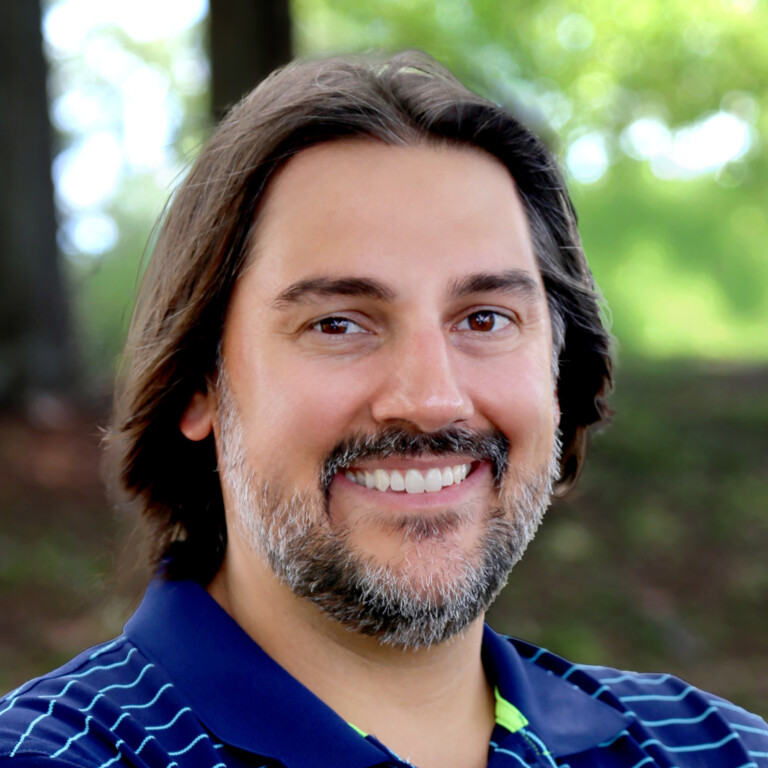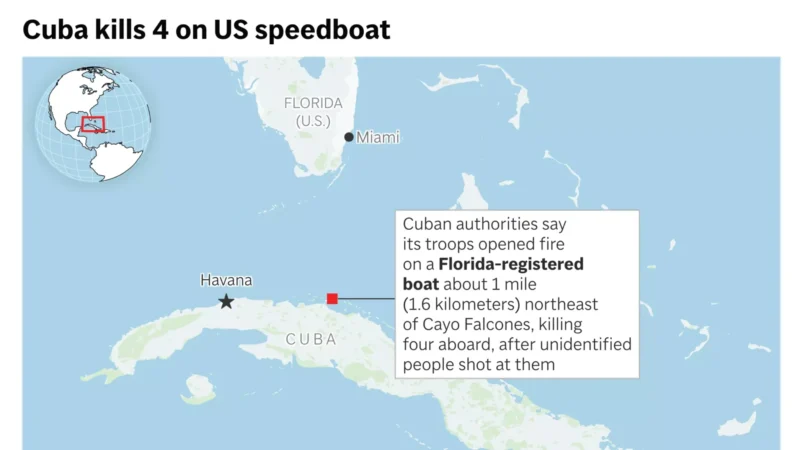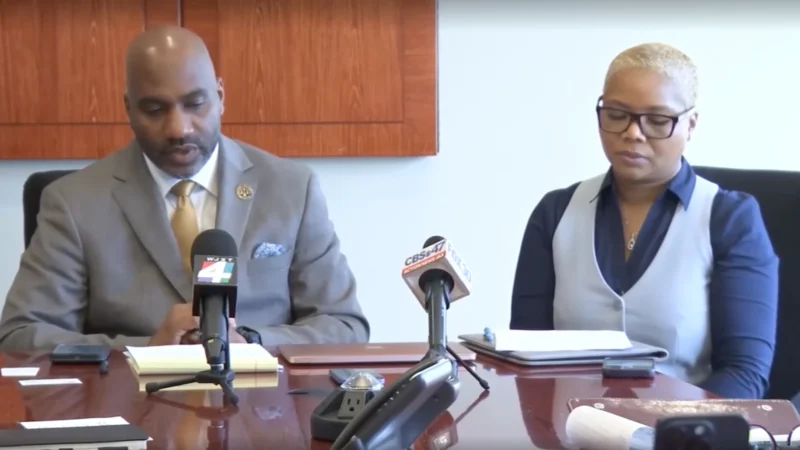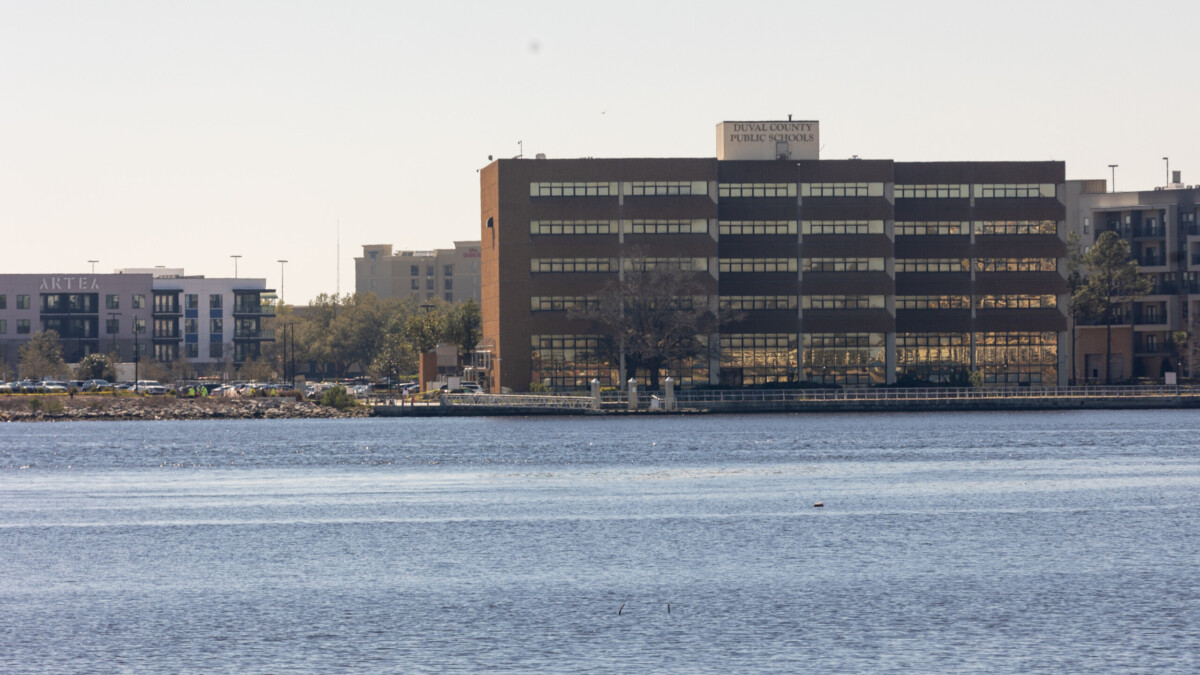After a four-month break, members of the Jacksonville City Council have revived their Duval DOGE hearings, this time targeting a longstanding and growing deficit in the city’s employee group health insurance fund.
The council has hired St. Augustine-based consulting firm The Bailey Group, which DOGE Committee Chair Ron Salem says will help find possible tweaks to the city’s group health and prescription drug insurance plans to circumvent rising claims costs and reduce what grew to a $21 million deficit the fund this year.
“I don’t think that we can continue at the pace we’re at. (The deficit is) going to be $150 million in four or five years with the rate of inflation in health care,” Salem told news reporters after a DOGE Committee meeting Tuesday.
The Mayor’s Office, which is responsible for designing and implementing health insurance plans offered to city employees, says it has taken steps, including bringing in its own consultant, to address the deficit but does not want to raise premium costs for city workers.
“We are in a deficit in the health insurance fund, but the fact that we were really only able to give our employees 3% raises — I guess the union employees got 4% raises. We just didn’t feel good about increasing the amount of money we were taking out of their paychecks for health insurance this year,” Mayor Donna Deegan said, speaking with WJCT 89.9’s First Coast Connect on Tuesday.
“It is something we’ve looked at from every angle, so I’m going to be interested to see what possible new things that they think they’ve come up with. I just don’t know what that would be, but always looking for good solutions, if they think they’ve got something.”
The city self-insures its employees and has used health insurance company Florida Blue as a claims processor and third-party administer for more than a decade.
Kelli O’Leary, the city’s deputy chief administrative officer, has met with the Bailey Group and told the committee Tuesday that the Mayor’s Office would consider any recommendations from the committee that saves the city money.
But she said many of the possible fixes the Bailey Group highlighted during their presentation, including changes to the city’s prescription drug plan coverages, have already been considered.
”We’ve done plan design changes; we’ve looked at our pharmacy; we’ve reduced access to GLP-1’s (weight loss drugs); we have introduced a high deductible (health savings account) plan because our intent is to migrate people into that plan and then limit some of our richer plans,” O’Leary said. “The benefits team has done an excellent job in trying to curb the spend. We’ve had some success in the pharmacy Realm. We’ve saved about $1 million in terms of the rebate. … We’ve save on the total spend. So we’re making these tweaks to be able to control the cost.”
Phil Perry, the city’s chief communications officer, says the Deegan administration’s health care plan changes will save $13 million from 2023 to 2027.
“Should the duplicative efforts being undertaken by the Duval DOGE Committee produce new ideas, we look forward to reviewing them,” Perry told Jacksonville Today in an email.
The hole in the city’s group health fund has persisted in both the administrations of Deegan and former Mayor Lenny Curry. City officials has been paying for the deficit for years using money from the city’s general fund.
According to Salem, the city also used federal American Rescue Plan Act money during the Curry administration to plug the health care fund deficit.
The City Council Auditor’s Office says that was $17 million of the pandemic-era federal assistance, issued during the Biden administration to aid local and state governments, over a two year period.
“The bigger issue is not necessarily the balance in the fund — it is part of the issue though since there are required reserve amounts per the Office of Insurance Regulation. But rather the recurring costs that continue to rise in claims costs even though there has not been a premium increase, which both the employee and employer pay, since 2015,” Council Auditor Kim Taylor said in an email.
Employee health care
O’Leary told Jacksonville Today that when the Jacksonville Sheriff’s Office and Jacksonville Fire and Rescue Department left the city’s group health plan for their own in 2020, it reduced the size of the insurance pool and increased the cost to cover the remaining city employees, retirees and their dependents.
Currently there are about 4,000 employees and retirees on the city’s self-insured plans. That number jumps to 6,000 with employee family members, Perry said.
Salem told Bailey Group representatives during the meeting that he wants to evaluate what groups of people should be covered under the city’s health plan. He also wants to know what it would look like for the city to implement an tiered income model for premium costs that would charge employees who have higher salaries more.
Although he told reporters later that the process needs to be “delicate.”
“I don’t think, personally, it’s fair that we have employees making $50,000 to $60,000 (per year) paying the same premium as someone making over $200,000,” he said.
Committee member Rory Diamond says the DOGE conversation will not touch police and fire employee’s benefits, but he expects to find that employee premiums will need to rise.
“But city employees, I think we’re going to find the benchmark which is we’re not paying enough,” Diamond said.
The future of Duval DOGE
The latest city DOGE effort reauthorized by council President Kevin Carrico is a continuation of the oversight process started early this year that Salem says is meant to root out waste, fraud and abuse in the city budget processes.
Salem proposed the DOGE in March after President Donald Trump had launched the controversial Department of Government Efficiency effort with billionaire Tesla and SpaceX CEO Elon Musks. Florida Gov. Ron DeSantis also established a state-level DOGE led by State Chief Financial Officer Blaise Ingoglia.
The state CFO has led audits of local government throughout the sate, including in Jacksonville, where he claimed without showing a full report that the city is overspending by nearly $200 million.
Salem said Tuesday that the Duval DOGE will also examine the city and Sheriff’s Office’s grant process to fund opioid addiction and prevention programs as well as the city’s homelessness initiatives.
When asked by reporters if he would consider auditing city department spending, Salem said he hopes the city can scale back its spending levels from this year.
“As I’ve said many, many times, we don’t have a revenue problem,” he said. “We’ve got a spending problem.”







